Rebutting the British… and their Visas, in Verse
Acclaimed poet and writer, Odia Ofeimun, one of Nigeria’s finest public intellectuals, disclaims the conceit of the British Consulate – that denied him visa – because "he claims to be a writer". Adefayi Martins reports
Oscar Wilde, the late Irish playwright, and iconoclast par excellence, did not suffer fools gladly, both is his art and in real life. He had, like many Europeans of his age, an understated continental disdain for the United States, the political, economic and spatial behemoth that always fancied itself as "the world". When he visited the United States, long before the current age of the finger-prints and other indignities that the US forces visitors to experience at her entry points under the guise of keeping out unwanted guests, Wilde was asked if he had anything to declare. "Nothing", the witty and deprecating Wilde replied, "except my genius"!
The US Customs official must have had a sense of humour. He allowed Wilde to pass. The officer at the British Consulate that attended to Odia Ofeimun, acclaimed poet, writer, journalist, political scientist, polemist and public intellectual, when he applied to renew his UK visitor’s visa must have been humourless. They often are, at any rate. The official denied Ofeimun, who lived in the United Kingdom as a scholar at the oldest British University, Oxford, for a few years in the 1980s, and has visited the UK many times since returning home, entry visa last month. He must have thought the poet lied. Incidentally, the latter phrase is the title of the affable Ofeimun’s celebrated poetry collection. The official stated in denying Odia visa – in a sticker attached to his passport - that "he claims to be a writer". A most condescending insult added to the injury of visa denial.
Ofeimun is not one to take such insult, which many Nigerians regularly take - with equanimity from the British and other consulates in Nigeria - lying low. The denial comes exactly ten years after the same British High Commission denied him visa to enjoy a facility provided by their own cultural agency, the British Council, for the poet to see the London Book Fair. The Consulate later relented when challenged, only for the more humourless General Sani Abacha’s goons at the airport to seize Odia’s passport.
In his poetic response to the recent British conceit entitled, "I am a Writer…", Ofeimun tells the joyless consuls,
If the grating visa-granting official is still unconvinced, the poet adds that the years he has spent bearing that passport as a writer draws
humus from Year Twelve
When school bells added my name
To the throng gamboling along
With the Pied Piper of Hamellin
And, the Ancient Mariner
Whose magic, and the bamboo flutes
Of Martin Carter in Guyana jail
Took me by hand to know Ogun
when Okigbo’s road was famished.
If the British Consulate is unaware of the poet’s accomplishments, or what another poet, Okinba Launko describes in his poem, We are Climbing Still, as the "several prizes we were showered with/and the congratulations we wear like mendallions!", Ofeimun sings of his possession of a cultural capital which the British themselves claim to value, but have devalued "through the syllabus of errors…(that) set no column to my stripe" marking the denial of visa to him, this second time. He tells the consulate in the poem that, at 18, his "waify poems" were already "elevating siblings" at the West African Examination Council examinations, that is the General Certificate of Examination (GCE) and the School Certificate exams, popularly called School Cert and even university thesis, long "before stamps hit the pad at the Passport Office".
The poet presses his claims further. For the avoidance of doubt, he advertises his artistic victories that link with world cultures at famous cultural centres of the world, including the British cultural centres:
I do not claim to be, I am a writer
Whose trip under African skies
Took Sun-dance to Sadler’s well
Queen Elizabeth Hall by the Thames
And Fleet Street of glancing nods
with poesy of the body’s rhythm
rounding the Cape of Good Hope
and toasting five hundred years
above visa-gripe, truth’s fibre
as art for life vouchsafes it
setting navel closer to navel
to keep fellow-feeling in grace.
As he tells friends, Ofeimun will soon journey to South America where, if the poet can be unveiled, he has some honey, who - as he croons in his poem, "Oyin" -
breathes a quiet ardour
against a calculus of (perhaps, British) nerves.
Ofeimun, who, a few years ago, predicted the terrible fate that General Abacha met in one of his poems – Thighs fall apart, the General (dis)appears – insists that though
the division of spoils
encumbering the earth with visas
can stop his travel to Britain, it cannot encumber his spirit, because
I’m happy, beyond mere fashion
for trips that visas can’t deny.
The British consulate can deny Odia Ofeimun visa, but it cannot deny him his voice – his verse.
- Odia Ofeimun has since travelled through Britain.
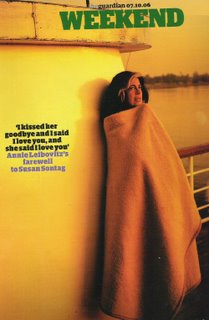





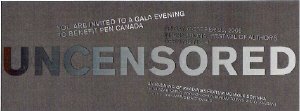
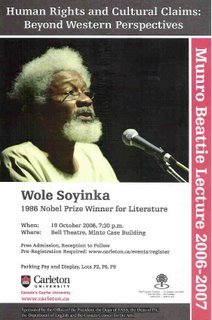
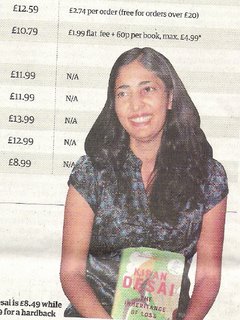

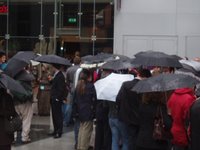
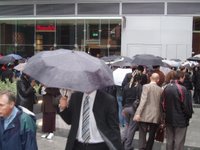










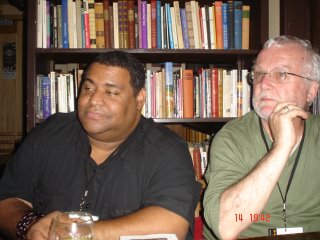
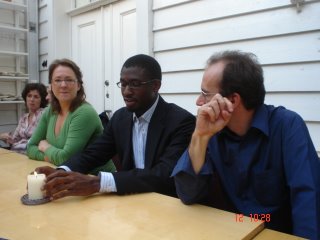
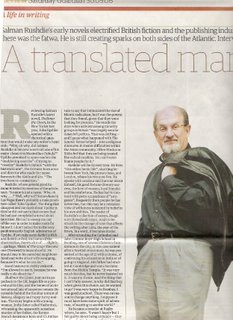






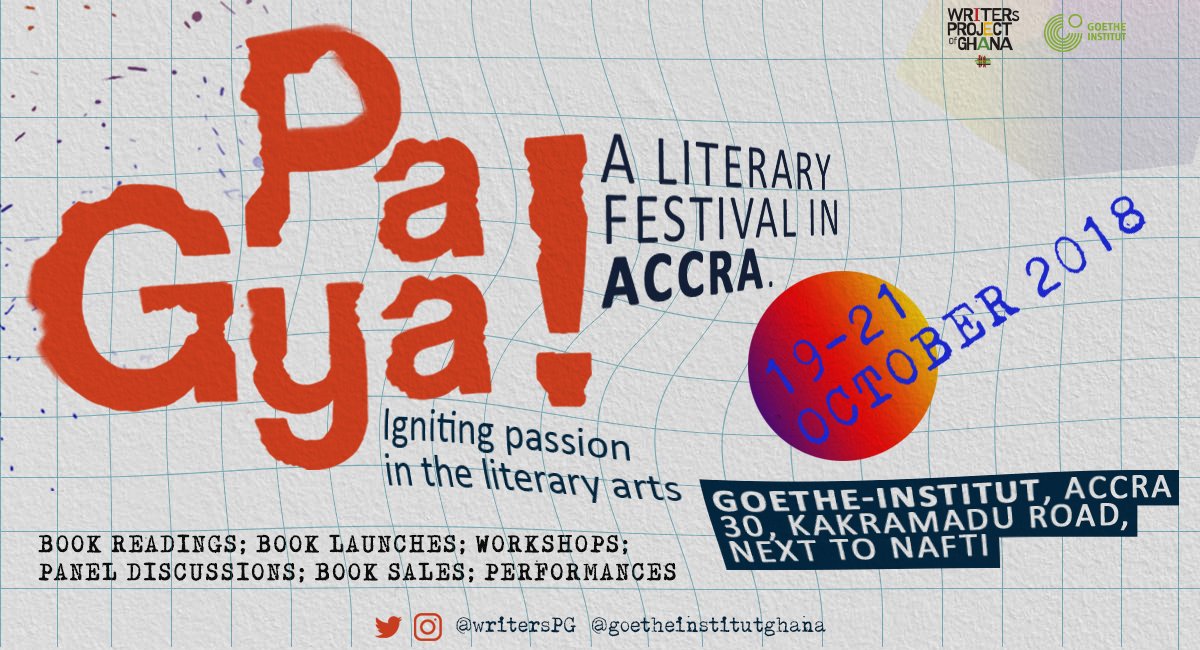








.jpg)




